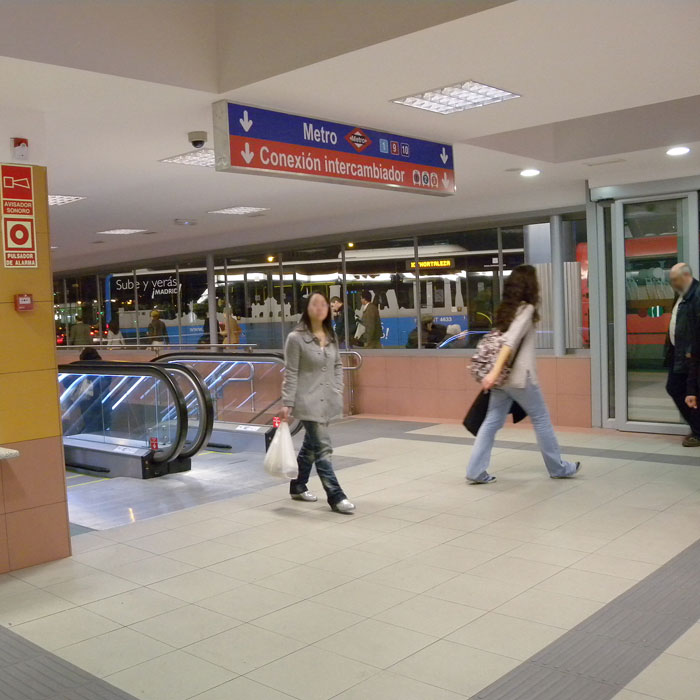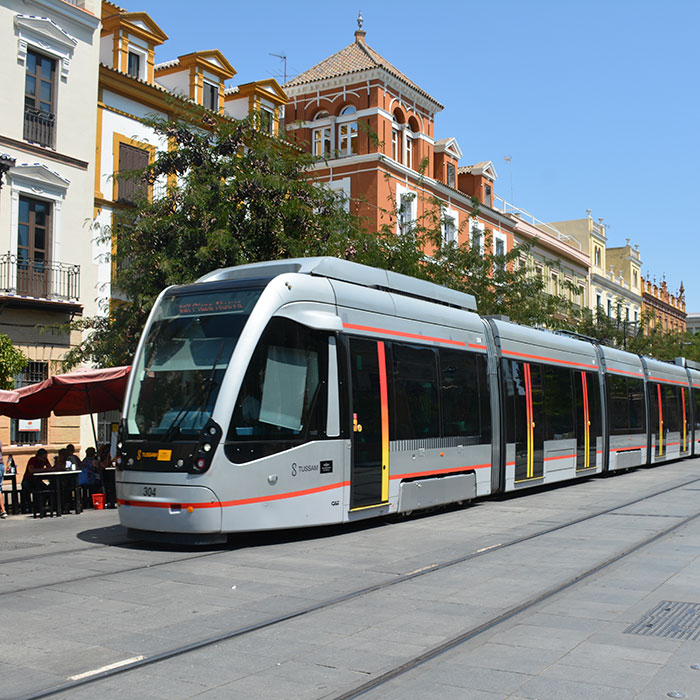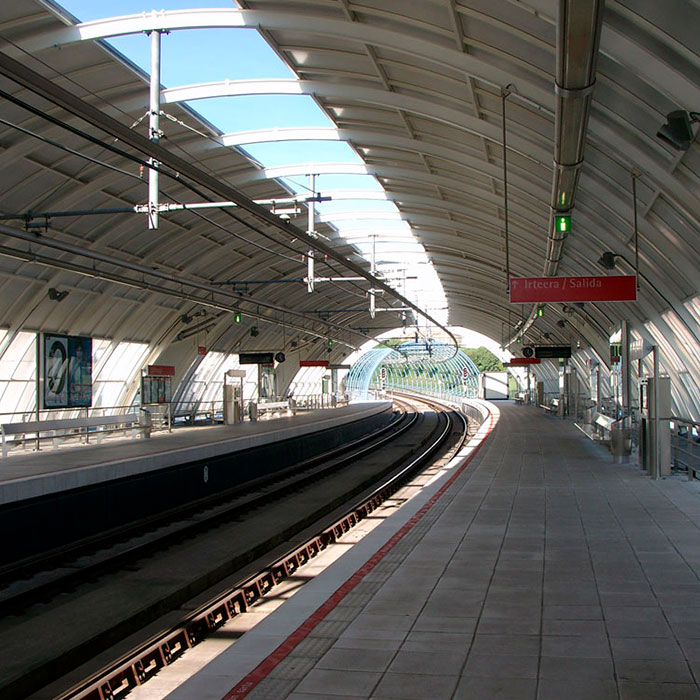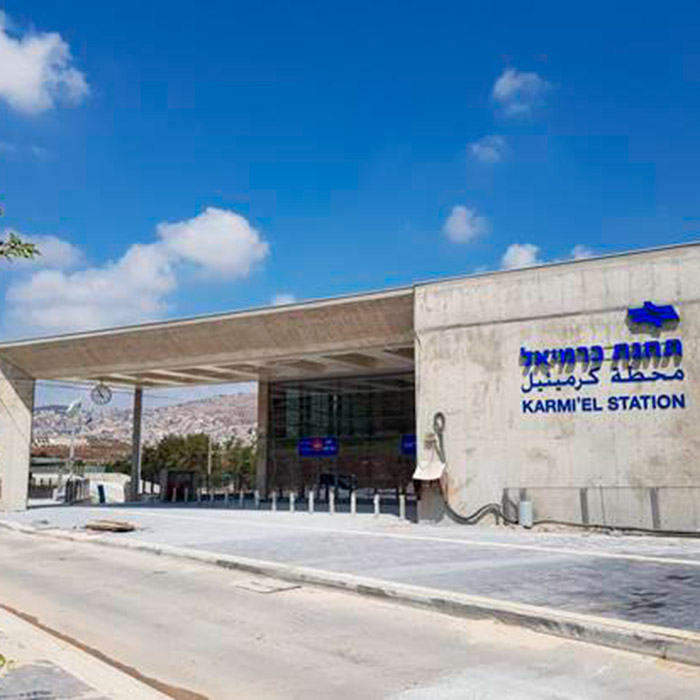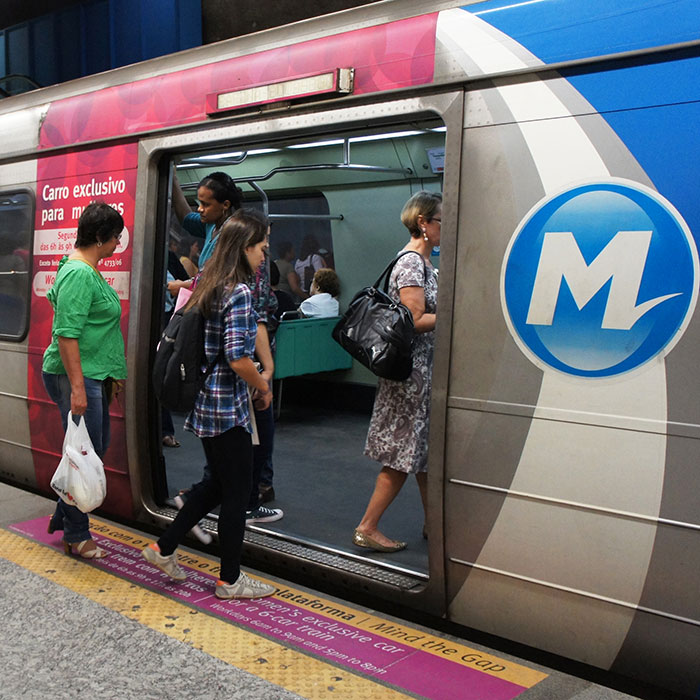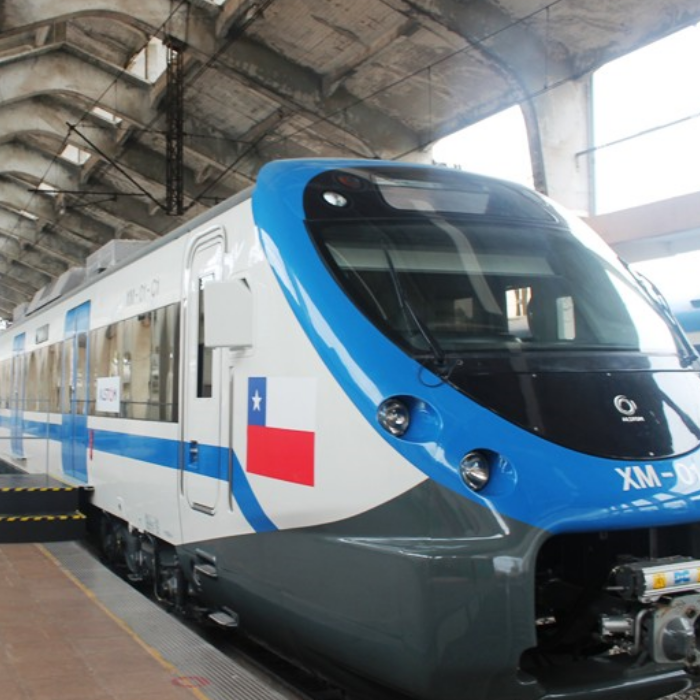15 Jan Plaza Castilla transport interchange
Posted at 10:20h
in
Plaza de Castilla is a transport interchange in Madrid where Madrid Metro lines 1, 9 and 10 converge underground.
In addition to the metro station, it has an underground bus terminal and correspondence with a large number of surface bus lines, which makes it one of the largest transport interchanges in Madrid.




